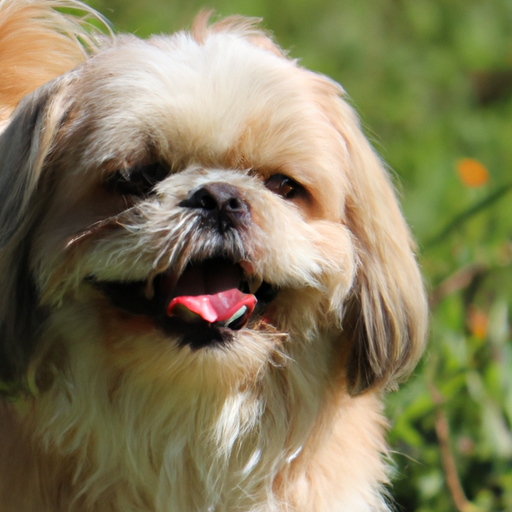As a caregiver for your small furry friend, you’ve probably found yourself wondering, “Just how many teeth does my small dog have?” Well, you’re in the right place! Grab your canine tooth chart and let’s dive into this toothy conundrum together.
H2: The Tooth Fairy’s Visit: Baby Teeth in Puppies
Your small dog wasn’t born with a full set of teeth. Instead, they begin their life toothless and only start to develop their first set of teeth, commonly referred to as “baby teeth” or “milk teeth”, when they are about three to four weeks old.
- Incisors: These are the tiny teeth located at the front of the mouth. Puppies have six incisors on the top and six on the bottom.
- Canines: These are the pointy teeth positioned on either side of the incisors. Puppies have two on the top and two on the bottom.
- Premolars: These are located behind the canines and are used for chewing. Puppies have six on the top and six on the bottom.
Totaling these up, we find that puppies usually have about 28 baby teeth.
H2: The Tooth Truth: Adult Teeth in Small Dogs
As your pup matures, their baby teeth will begin to make way for their permanent adult teeth. This typically starts happening around four months of age.
- Incisors: Adult dogs have twelve incisors, six on the top and six on the bottom.
- Canines: Adult dogs have four canines, two on the top and two on the bottom.
- Premolars: Adult dogs have sixteen premolars, eight on the top and eight on the bottom.
- Molars: These are the new arrivals in the adult set, used for heavy chewing. Adult dogs have ten molars, four on the top and six on the bottom.
This brings the total to a whopping 42 adult teeth in small dogs!
H2: Dental Dilemmas: Common Dental Problems in Small Dogs
Small dogs are prone to certain dental issues that you, as a caregiver, should be aware of. These include:
- Periodontal Disease: This is a condition where the gum pulls away from the tooth, creating pockets that can become infected.
- Tooth Decay: Although less common than in humans, dogs can still suffer from cavities.
- Broken Teeth: These can be caused by accidents or hard chew toys.
H2: The Chew on This: How to Maintain Your Small Dog’s Dental Health
Maintaining your small dog’s dental health is crucial. Here are some tips to help:
- Regular Brushing: Brush your dog’s teeth daily using a dog-friendly toothpaste.
- Dental Treats: These can help reduce plaque buildup.
- Regular Vet Checks: Your vet can help monitor your dog’s dental health and suggest any necessary treatments.
H2: Frequently Asked Questions
Q: At what age do dogs get their adult teeth?
A: Most dogs start to get their adult teeth when they’re around four months old.
Q: How can I tell if my dog has dental issues?
A: Symptoms can include bad breath, difficulty eating, excessive drooling, and discolored teeth.
Q: Can dogs get braces?
A: Yes, dogs can get braces, but it’s not very common.
Q: Do dogs lose their baby teeth like humans?
A: Yes, dogs lose their baby teeth which are replaced by adult teeth.
Q: What can I feed my dog to help keep their teeth clean?
A: Dental treats, dry kibble, and raw bones can help keep your dog’s teeth clean.
Remember that your small dog’s dental health is just as important as their overall health. So, keep those pearly whites shining bright for your furry friend!



